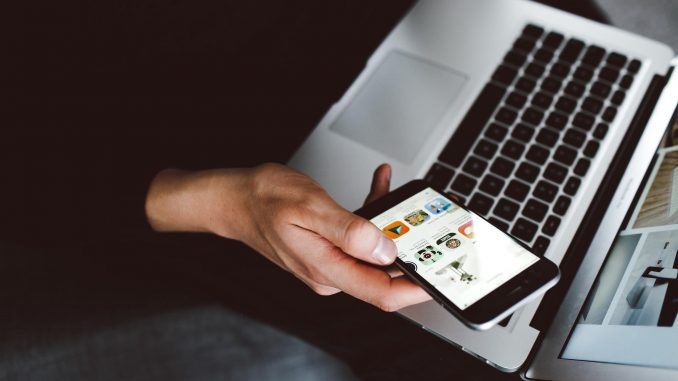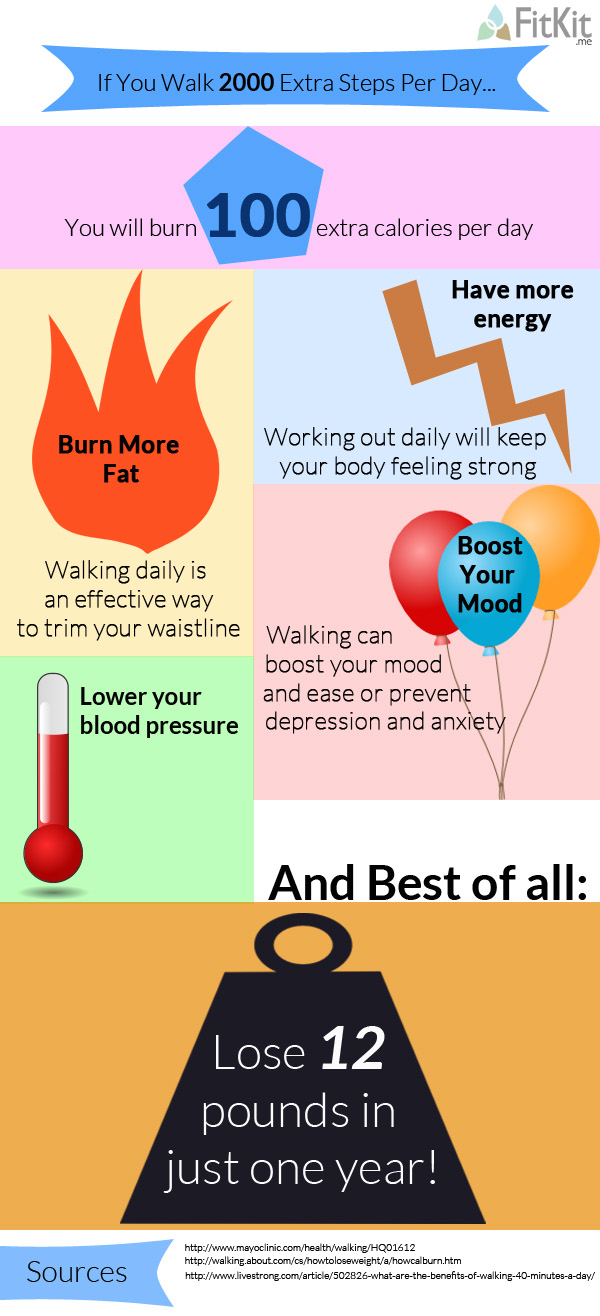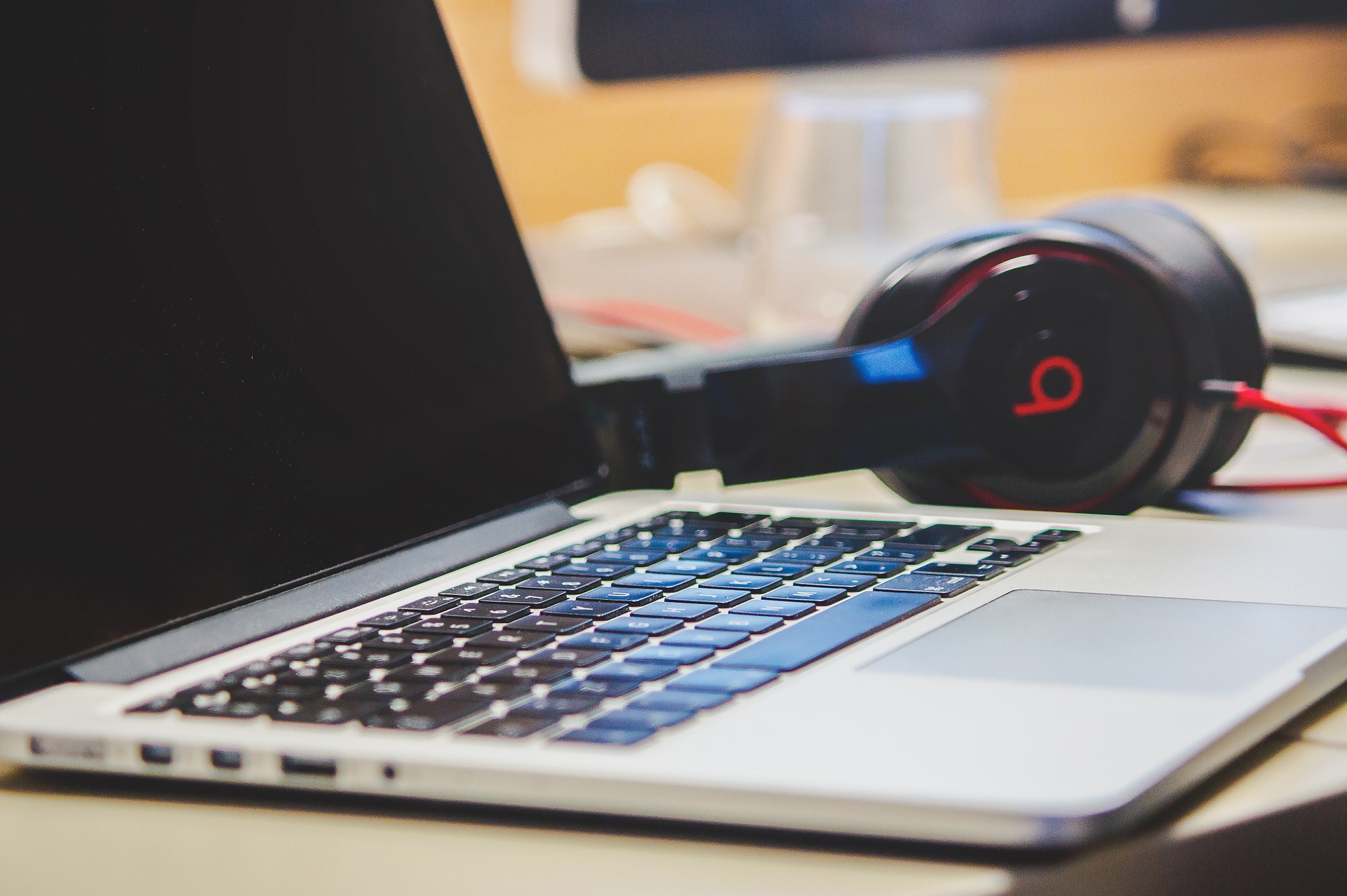

Image Source: Unsplash
Did you know that presently, there are more gadgets on the planet than there are people? To put that into perspective, the U.S. Census Bureau’s world population counter has put the world population at around 7.2 billion. One could come to the conclusion that your average person either has more than one gadget or there are many out there waiting to be bought.
So, as fascinating as it may be to know that technology has become so pervasive, it is even more interesting to know how it affects our health. There are multiple ongoing debates about the effects of technology on health. The conclusion that can be drawn from each is that technology is a two-edged sword. While it has made much of the development we see today in science, the medical world, and business possible, it has its downsides too. Here are a few ways that technology can help or hurt your physical and mental wellbeing.
How it Helps Your Health
While there are more than enough arguments about the negative impact of technology on health, there are just as many positives.
Maintenance of Physical Health
While some argue that technology makes people lazy, research says otherwise. For instance, as of May 2017, the health and fitness app Fitbit had at least 27.4 million unique users — and this number doesn’t even reflect the statistics of users on other similar apps.
That said, technology can significantly help people maintain their physical, mental, and emotional health. It has made medical advancements in technology possible, such as STD testing, which you can now do at home and have your results sent off to a lab without ever leaving the house — however, this technology is not yet foolproof, as many at-home STD tests are not always reliable. Still, this is just one of many examples of how tech has become so normalized, allowing for more flexibility even in our most vulnerable of times.
Although simple, technology can also be used to help form healthier habits. Calendars on your phones and alarms can prompt you to remember to take supplements, exercise, or meal plan so you eat healthier, as well as help to track your moods, emotional state, and places to journal about your days.
Improves Mental health
Within the world of counseling, technology can be used to help individuals overcome trauma. Gamification is sometimes used in counseling to observe patient behaviors and interactions within different contexts, for example. This could help counselors improve their understanding of clients so they can give them the best treatment possible.
Even within psychiatric mental health, technology can be used to furthers advancements in the study of the mind and how it works. Innovations like mobile sensors, personal health records, and brain imaging technology are primary examples. For those that would rather seek medical assistance online, there’s also telemedicine, which enables you to access medical services or speak to doctors using electronic communications — once again, without ever having to leave your home.
How it Hurts Your Health
Now that we’ve explored some ways that technology can help your health, let’s look at how technology can hurt you on the flipside.
Eyesight
One of the greatest concerns when it comes to technology use is how it can affect your eyesight. Optometrists found that around 40% of their patients experienced eye strain because of computer vision syndrome. This can occur when you position your eyes awkwardly while looking at the computer, as well as by working too closely to the screen which can also cause light sensitivity, headaches, and blurred vision.
Aches and Pains
When you’re using technological devices like phones, iPads or computers, it is common for your posture to be affected. If, for example, you tend to work on your laptop in bed, you may be slouching and as a result, straining your back. You could also experience repetitive strain injuries on your fingers, thumbs, or wrists from typing too much.
One solution would be to create ergonomic workspaces for yourself, whether at home or work. It has also been advised that you stand up, stretch, and move around at regular intervals to reduce muscle strain. It can be admittedly difficult to do this at work, however, especially if you suffer from workplace anxiety. You could become so obsessed with getting things done that you forget to stop and take care of your body, but that will only lead to worse problems in the future.
Affected Memory
There are findings that suggest technology could negatively impact your memory. This is because technology often encourages multitasking, which can reduce your performance level. Also, being heavily reliant on external memory because you can simply Google something or use your phone to retrieve information means you’re using internal memory less frequently. To keep your memory intact, practice focusing on a task at a time by cutting off unnecessary devices while working and actively try and retain information.
Impacts Sleep Cycle
If you’re one of those people who stay up late laughing at videos on social media or replying to emails, then you may agree technology can affect your sleep cycle. While fifty years ago adults may have gotten over 8 hours of sleep, now it’s reduced to an average of less than seven. If you’re wondering what the science behind this is, the bright lights on your phone could be reducing your melatonin levels which is a hormone that regulates your sleep. To avoid this, don’t use gadgets right before bed or leave them in a separate room from where you sleep altogether.
As with everything, balance is needed when using technology. To say you’re going to attempt to live in a technology-free world just isn’t realistic unless you move into a cave — and it also disregards all of the positive benefits technology can have on your health. However, by setting limits on your usage and being more aware of life outside of technology, you may be able to reap the benefits while actively minimizing the negative effects.





Great article. I would want to know though, does wearing glasses while using screens for long hours reduce the damage to the eyes?